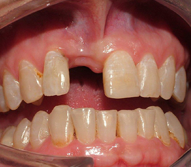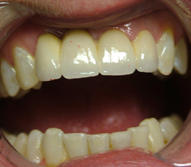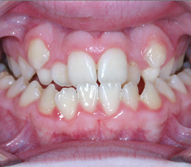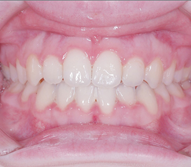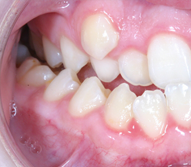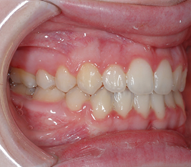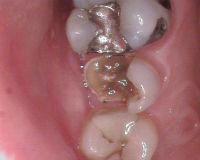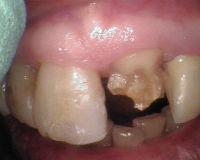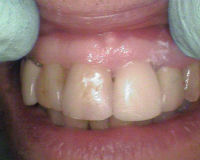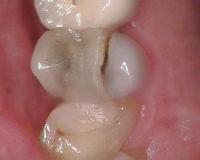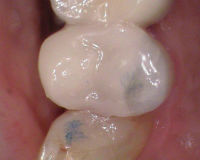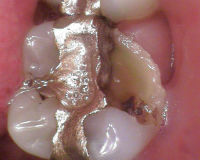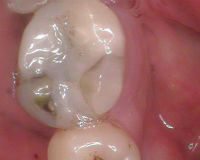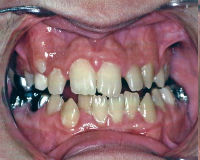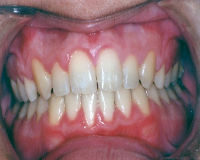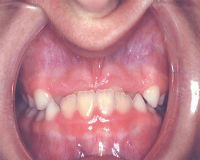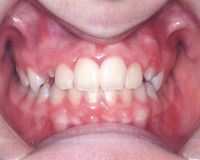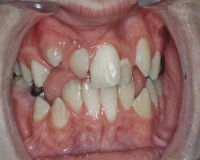When are root canals performed? What is involved?
A smile serves as a person’s most powerful tool. For that reason, tooth loss can have lasting traumatic psychological effects such as social anxiety, depression or simply just affect your quality of life in general.
Therefore, if you had to choose between keeping your natural tooth or having it removed, most people would choose the former. A root canal treatment relieves pain (does not cause it), and saves teeth. If you’re apprehensive about this procedure read on as here we’ll cover the basics.
At the root of it all: What is a root canal?
Root canals are designed to keep a dead tooth mechanically functioning in a live body. Therefore, when decay has damaged your tooth, a root canal treatment can save it.
When would I need to get a root canal?
A root canal is needed when tooth decay has caused permanent damage to the pulp (found in the center of the tooth). The procedure needs to be done as soon as possible to avoid a severe infection, which can damage the bone surrounding the root of the tooth and infect other teeth.
What’s involved in getting a root canal performed?
A root canal removes the pulp inside the tooth and replaces it with filling material:
- The dentist begins by numbing the affected tooth. Sometimes nitrous oxide gas will be used to help you relax.
- The dentist may separate the decayed tooth from the other teeth with a small sheet of rubber on a metal frame. This protective rubber sheet also helps stop liquid from entering your mouth and throat.
- The dentist will use tools to remove the nerve from the tooth, clean the canals and place a final root canal filling.
- Lastly, a permanent filling or crown (cap) is needed.
How successful are root canals?
Root canal treatment is highly successful; the procedure has more than a 95% success rate. Many teeth fixed with a root canal can last a lifetime. Also, because the final step of the root canal procedure is application of a restoration such as a crown or a filling, it will not be obvious to onlookers that a root canal was performed.
What risks, if any, are associated with a root canal?
An infected tooth can allow bacteria from the mouth to enter the bloodstream and cause infections in other parts of the body. Therefore, people who have a hard time fighting off infections, such as those who have artificial heart valves or were born with heart defects, may need to take antibiotics before and after their root canal.
Aftercare: What to expect after root canal surgery
After a root canal, your lips and gums may be numb for a few hours until the anesthetic wears off. Later on you may experience throbbing pain and or tooth sensitivity (which can be treated with pain meds), but the pain only lasts only a day or two.
Myths surrounding root canals
-
Root canals are painful-
Root canals are actually painless, if the right steps are taken by the dentist. -
Root canals cause illness-
There is no valid, scientific evidence linking root canal-treated teeth and disease elsewhere in the body. -
A good alternative to root canal treatment is extraction-
Saving your natural teeth is always the best option!
What’s the best answer for preventing tooth loss? Regular check ups and proper home oral hygiene. Just two to three minutes a day, especially at bedtime, can keep you and your teeth smiling for a lifetime.
If you have any questions or comments, please contact us by clicking the button below!
Return to Articles













